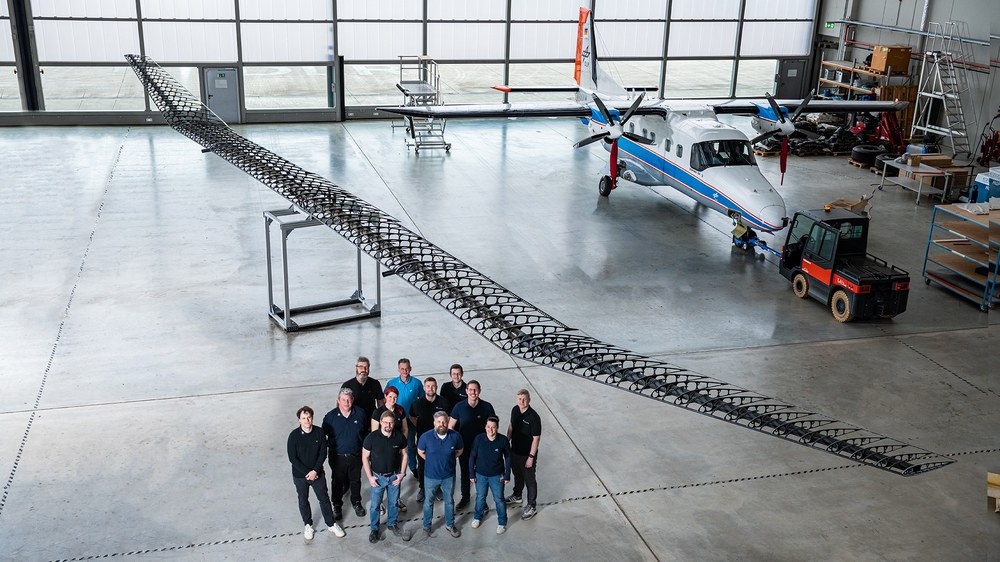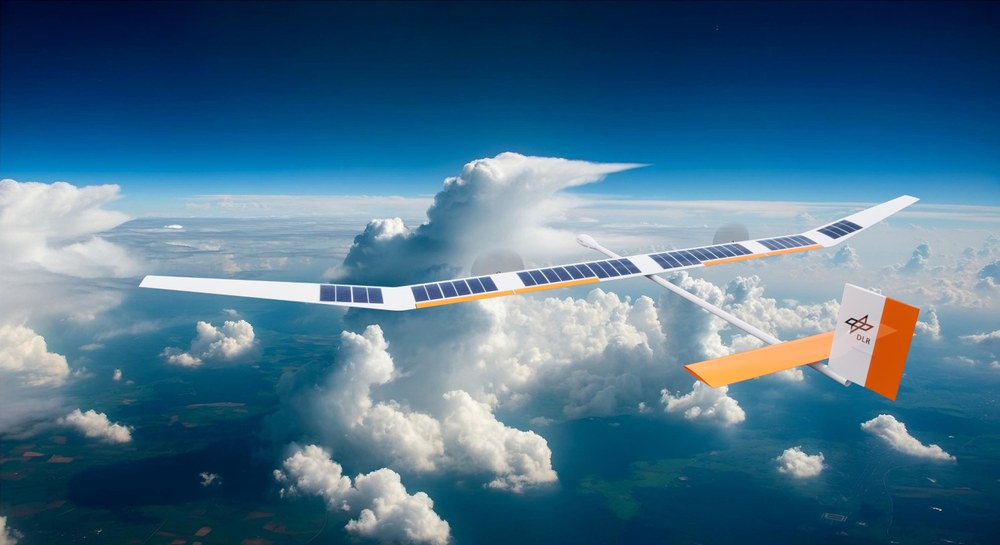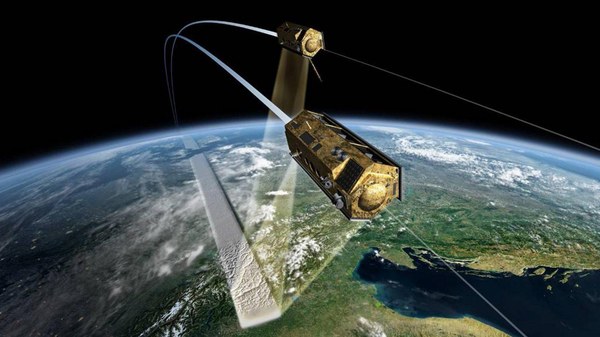Institute of Flight Systems
Responsible for the overall administrative and technical management of the project, as well as for the flight mechanical design, avionics, propulsion, simulation systems, flight control, mission management, integration planning and flight test planning.



















